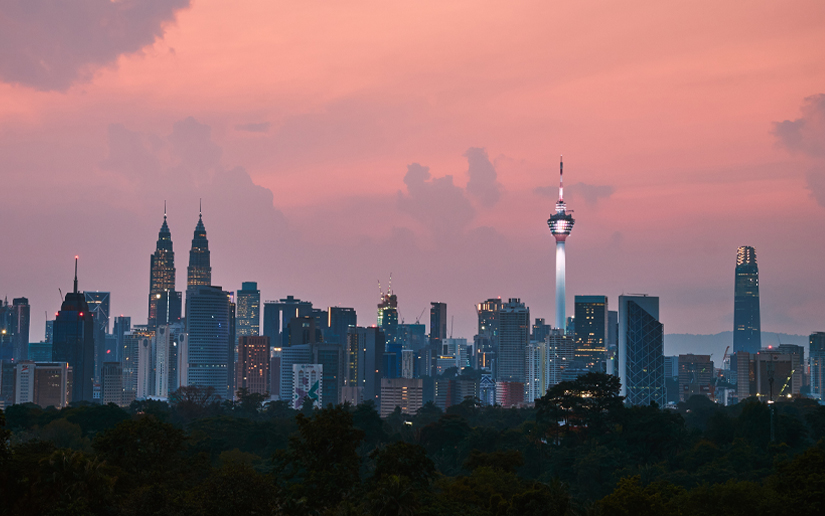KUALA LUMPUR, Nov 20 (Bernama) -- A new global analysis warns that minimum nighttime temperatures in major cities are rising up to 10 times faster than daytime highs during extreme summer heat, exposing billions to escalating health risks as the world struggles to stay within the Paris Agreement’s 1.5 degrees Celsius (°C) target.
The study, released by Climate Resilience for All (CRA), examined 30 years of weather data from 100 cities and found sharp increases in nighttime heat during the two most dangerous weather types for human health, namely dry tropical (hot and dry) and moist tropical (hot and humid) air masses.
In a statement, CRA chief executive officer, Kathy Baughman McLeod said the findings reveal a critical blind spot in extreme heat planning, urging governments and health officials to broaden their view of what is a 24-hour heat crisis.
Meanwhile, its Chief Heat Science Advisor and lead author of the study, Larry Kalkstein said: “Before this analysis, we did not know how rapidly nighttime heat has been rising within the most dangerous air masses. It is critical for us to understand how the heat of summer—that sends people to the emergency room—is shifting.”
Researchers said 83 per cent of cities experienced sustained rises in nighttime temperatures, with Melbourne recording the fastest increase in dry tropical conditions—warming by 1°C every 5.36 years—while Dubai saw the sharpest rise in moist tropical conditions at 1°C every 8.81 years.
The shrinking difference between daytime highs and nighttime lows was most pronounced in cities such as Santa Maria, Upington, Seoul, Samarkand, Paris, Kuwait City, Portland, and Abadan during moist tropical conditions, and in Melbourne, Agadir, Seoul, Mumbai, Cairo, Luxor, Kuwait City, and Santiago during dry tropical conditions.
The frequency of extreme heat days is also accelerating. Moist tropical weather patterns increased by about 50 per cent or more over the past three decades in Central and South America, Oceania, and Africa and rose 37 per cent globally. Dry tropical patterns climbed 13 per cent, with the sharpest rise in Australia at 29 per cent.
High nighttime temperatures can prevent the body from recovering from daytime heat exposure, raising risks of exhaustion, dehydration, cardiac stress, and mortality—especially among older adults, women, and residents in poorly ventilated homes.
The report calls for urgent updates to heat-warning systems, which typically focus on daytime highs, and recommends region-specific alerts that reflect rising nighttime temperatures and the growing likelihood of multi-day heat waves with little overnight relief.
-- BERNAMA
BERNAMA provides up-to-date authentic and comprehensive news and information which are disseminated via BERNAMA Wires; www.bernama.com; BERNAMA TV on Astro 502, unifi TV 631 and MYTV 121 channels and BERNAMA Radio on FM93.9 (Klang Valley), FM107.5 (Johor Bahru), FM107.9 (Kota Kinabalu) and FM100.9 (Kuching) frequencies.
Follow us on social media :
Facebook : @bernamaofficial, @bernamatv, @bernamaradio
Twitter : @bernama.com, @BernamaTV, @bernamaradio
Instagram : @bernamaofficial, @bernamatvofficial, @bernamaradioofficial
TikTok : @bernamaofficial
